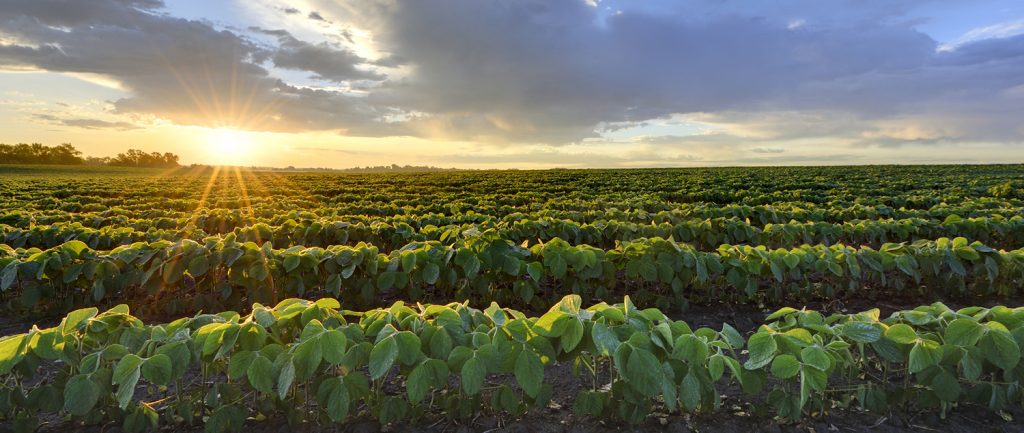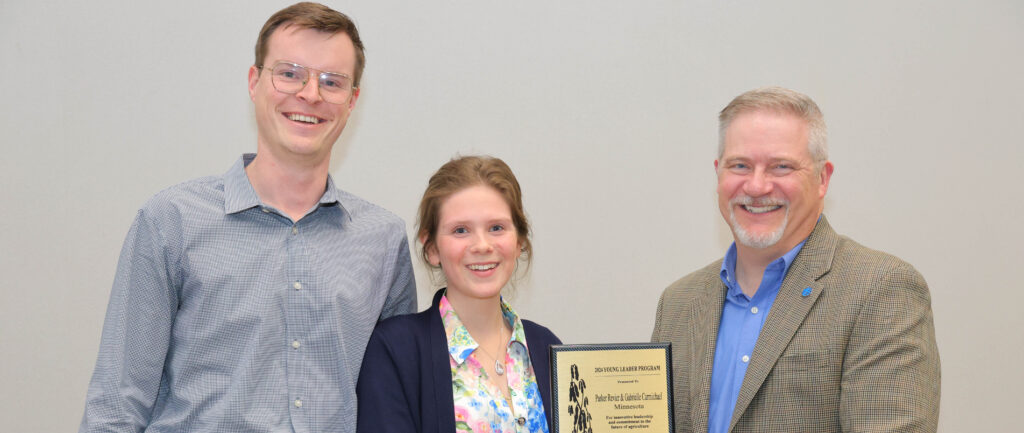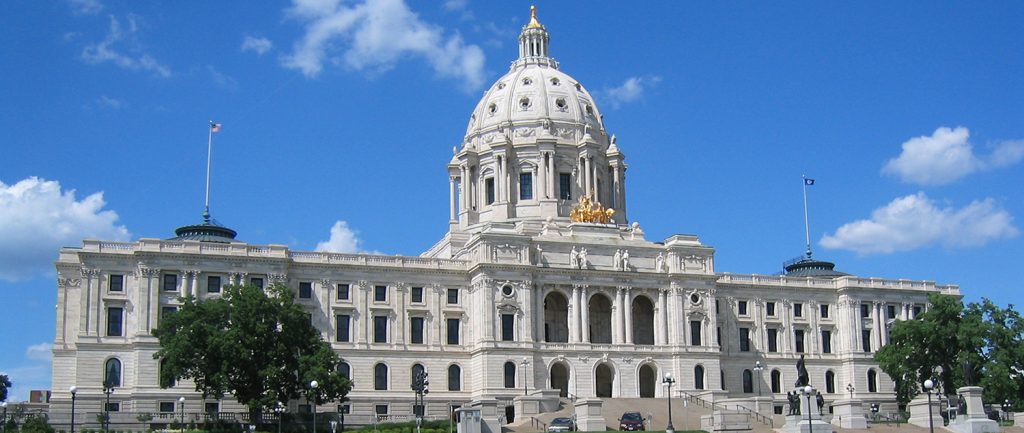In 2019, U.S. farmers exported over 3.8 million metric tons of soybeans to Thailand, equating to nearly 40 percent of Thai’s soybean market share. While Thailand continues to show potential as a growing market, this export market may be in jeopardy.
“Minnesota continues to be a reliable supplier of high-quality soybeans used in animal feed and food grade products,” says Jamie Beyer, president of the Minnesota Soybean Growers Association (MSGA). “Thailand’s intent to implement World Trade Organization (WTO) contravening non-tariff trade barriers is not only going to affect Minnesota farmers, but also the Thai soybean supply.”
On April 1, 2020, Thailand notified the WTO of the Ministry of Industry’s intention to re-categorize the herbicide paraquat and insecticide chlorpyrifos from Category 3 to Category 4, enforceable on June 1, 2020. This reclassification means paraquat and chlorpyrifos will be prohibited from use during production to ensure a zero maximum residue level (MRL) when inspecting soybean shipments and would suspend use or sales of these products to Thailand.
“We all know that paraquat and chlorpyrifos are both important tools for U.S. soybean farmers on their operations,” says Cole Trebesch, chair of the Minnesota Soybean Research & Promotion Council (MSR&PC). “Having these tools to reduce weed seeds, control yield-robbing insect pests and continue sustainable production practices is what allows us to continue providing the high-quality product we do every single year.”
Testing at zero or near-zero MRL’s inevitably results in false positive, causing some soybean shipments to be inadvertently rejected upon arrival.
“Sound science continues to prove that a zero MRL is WTO contravening because soil and other biological matter may cause false positives,” Trebesch says. “The Southeast Asia market is crucial to Minnesota and the Pacific Northwest (PNW) export terminals. We are hoping Thailand will reconsider their reclassification and instead implement a non-zero MRL for each of these pesticides.”
MSR&PC and MSGA are partnering together to form a coalition with other Midwest QSSB’s (qualified state soybean boards) to submit comments to the Thai government and WTO with the goal of stopping this reclassification.
“If we are all able to pull together and emphasize the point that this reclassification is contravening to WTO rules and regulations, Thailand might reconsider,” Beyer says. “Our farmers are committed to the proper use of these substances and continue to produce a safe product for the entire world. We will continue to provide for our customers and meet consumer expectations for food safety.”
Click here to read Beyer and Trebesch’s comments in full.




